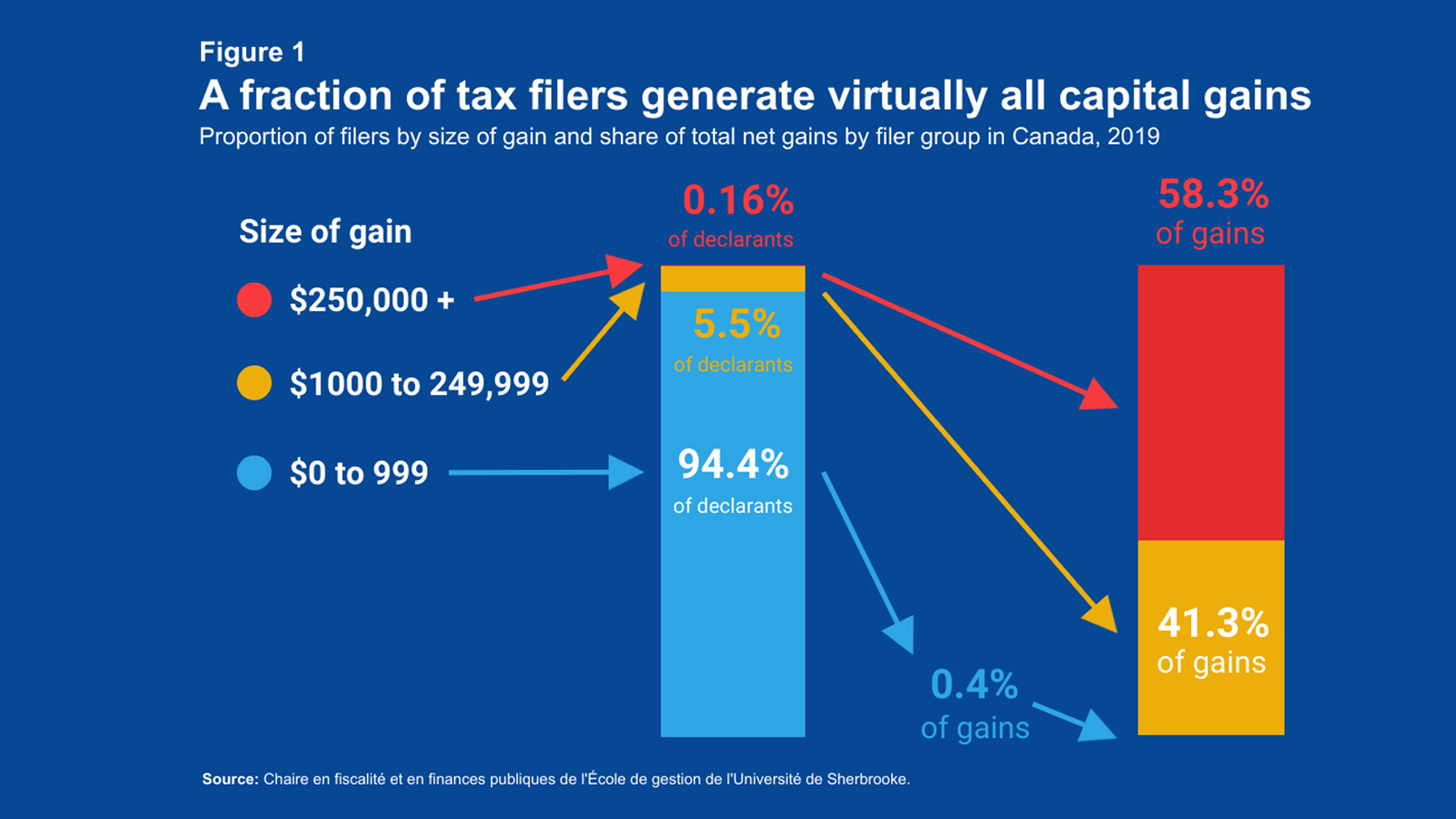
Chicago in the 60s, no doubt, offered one of the great times in economics; maybe Keynes was the center of a great moment in economics, but the time we had in Chicago is hard to match. Robert Mundell and Milton Friedman were very much at the centre of it, as were George Stigler, Harry G. Johnson, Al Harberger and more. There was the “oral tradition” and there were the “workshops,” the formidable feeling for students and faculty alike of a revolution in the making. The great issue of the day was just how the economy works and what role government must play, if any, and what role monetary policy must definitely not be allowed to play. This is when Keynes died—actually he was long dead by then but his powerful ideas were fully there and had just animated the great Kennedy-Johnson expansion—and the resulting inflation. Monetarism was born in the midst, and in reaction, to the wave of inflation of the time. This was when “Chicago Boys” were made, a derogatory term at the time but rather a brand name by now. Note Mexico’s new finance minister, Francisco Gil Diaz, another Chicago boy trained just in those special years in the late 60s.
Chicago economics was built on two pillars: price theory and monetary theory. Price theory was about resource allocation, how markets work, how government for good reasons (patronage or capture by business interests) misallocates resources to create rents for themselves or their clientele, how competition tends to be the rule, how ultimately all and everything revolves around incentives and economic responses, from crime and love to corruption and trade restrictions. In Chicago, complex problems had simple answers—easy to understand wrong answers, the enemies would say.
The second pillar of the oral tradition was monetary theory, a formidably sophisticated and deep excursion in why there is money, how it works and how it can be destroyed. Anyone who sat through Friedman’s lectures emerged with an altogether profound respect for the proposition that tinkering with the quality of money is profoundly destructive of economic life and, indeed, society. This is where people learnt that stable prices promote long horizons, that monetary instability promotes economic misallocation.
Even though the ideology was patently free market economics, politics was really not to be seen. I might be contradicted by those who note that during the 1968 campus riots, the department continued lectures as if the outside world had not stopped. I remember vividly demonstrators entering Friedman’s class only to be told that they were interfering with the freedom and choice to learn; moreover, not having registered they were not even free to stay quietly. In hindsight amazingly, the protesters left and our insular clique went on experiencing the quantity theory of money.
Beyond the classes, with a formidably competitive and merciless decimation of class size, one proceeded to the “workshops” where the real action was. Here students and faculty presented their work in progress and submitted to the unrelenting bombardment of the workshop members. Yes, there were double standards; there was some kindness to students who made their first attempts; there was no mercy at all among the faculty; there was absolutely no mercy for junior professors who were plain beaten up. If they survived, there was nothing more to shock them or throw them off course.
Mundell and Friedman could not have been more different. They continue to be revered by their students but with starkly different memories. Milton one remembers for his unbelievably baggy brown suits (from East Germany I surmise), his incisive uncompromising mind and a sweet smile going along with “what you really mean to say …” Bob Mundell, by contrast favored a continental appearance and demeanor, his Canadian background notwithstanding. His mind looked for paradigms and always it was about upstaging received wisdom, challenging dogma, being the enfant terrible that he still is. Friedman’s workshop was molded on his own principles of rules and responsibilities, no exceptions. Everybody present had to present a paper, no spectators. Everybody had to read the paper ahead of time (i.e. there was a paper) and discussion would proceed page by page. Friedman ruled, the rest mostly trembled or slurped the biblical pronouncement. The international workshop of Mundell and Harry Johnson was quite the opposite; often there were no papers and even when there was something, Mundell’s tendency for going off course to his latest ideas easily penetrated; order was discouraged, speculation was at a premium. Harry Johnson would carve little animals from wood and occasionally pronounce, Mundell was unstoppable and Socratic. He never, never in the time I saw him in Chicago answered any question other than with another question. He always held that what was already on paper was too stale to look at or talk about, what was just in the making was the challenge. That was not easy for the paper presenter. Mchael Mussa, probably the most brilliant of the group and today chief economist at the IMF, came close to strangling Mundell (at least in his mind). What did it do for us? The most extraordinary learning experience, questioning established truth, learning to think through a proposition, getting a view of the economy in our head with which to think on our feet.
Mundell and Friedman ran very different schools. For Friedman open economy was a short topic: flexible exchange rates—fully flexible—and free trade. What else was there to say? For Mundell it was, rightly, hard to understand how Friedman could talk about monetary policy in a closed economy as if there were such a thing. As time went on and the world moved to flexible rates, Mundell increasingly favored fixed rates, monetary areas, a world money. He always knew that fashions move in a circle so now his view is back to full chic.
Every so often there was a gladiator event, a workshop where for some reason faculty from different areas got together and got at each other. Mundell vs. Friedman were special events. Friedman obviously admired the sheer creativity of Mundell but would not let him get by, sparks would fly. Mundell recognized Friedman as an icon but understood that he could play the bad boy with success. I remember the unspeakable from Mundell: “Milton, the trouble with you is you lack common sense”. Both won the argument, we could not choose. But even so, each had their cohort and the cohort would imitate the master in style and speech and mannerisms. It must have been peculiar for anyone looking in, maybe that is why it was called the Chicago School.
And then there was the day when Mundell presented to a full-full house his new theory of the policy mix—monetary policy for price stability, fiscal policy for supply-side growth. Suffice it to say that this a very noisy afternoon.
In the Italian city of Siena those born inside the city walls think themselves the true Sienese, born sulle pietre, unlike those from the surroundings, born sulla terra. Much the same goes for Chicago economists; having vaguely right-wing tendencies does not make for not having been there and being part of a great experience. These were formidable years for economics, they have changed the way our profession today thinks about money and the world economy. Two Nobel laureates later, with independent central banks, flexible exchange rates, low inflation and “new economics” what was done there has helped change the world.
Photo: Shutterstock







